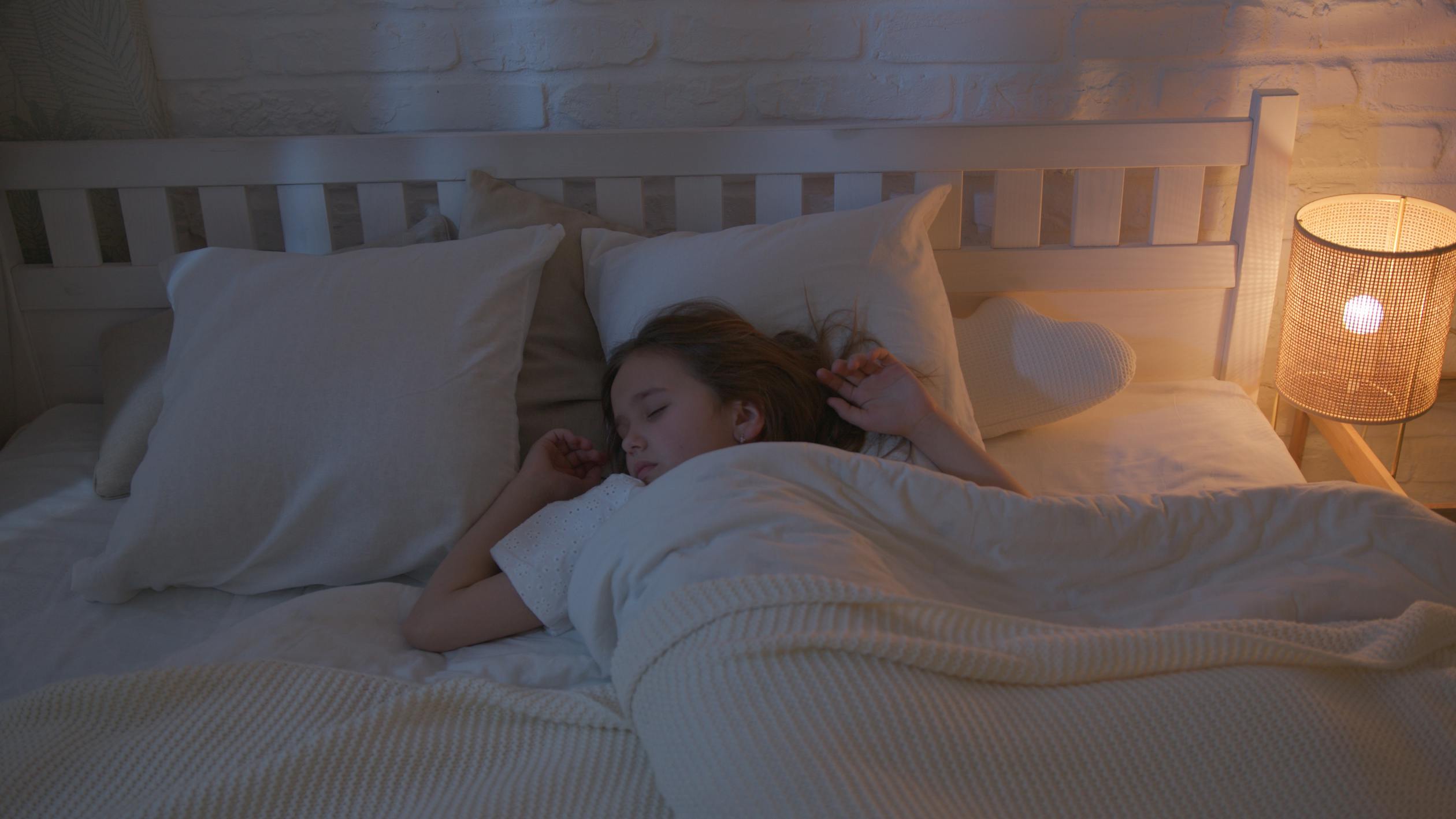
Although we all dream at night, the memory of these dreams often remains blurry or completely forgotten. Scientists believe that the processes in our brain that occur during sleep may explain why we can't always remember our nightly adventures. As IZ reports with reference to Popular Science, studies show that even if it seems to us that we don't remember our dreams, we actually experience them every night. Only in cases where a person wakes up at the moment or immediately after a dream, can they clearly remember its content. Otherwise, dreams disappear very quickly, without even having time to leave a trace in memory.
Researchers have found that we are most likely to remember a dream after waking up during the rapid eye movement phase, or REM sleep, when brain activity is greatest. This allows our dreams to become more detailed and complete. However, dreams can also occur during other stages of sleep, such as NREM, although they are usually not as vivid and saturated. Therefore, if you wake up after a deep sleep phase, the likelihood of remembering anything from that night is significantly reduced.
The time of day also plays an important role in the ability to remember dreams. The closer we are to morning, the more brain activity there is, which can increase the chance that a dream will be remembered. This is explained by the fact that the internal biological rhythm increases the activity of the body before awakening. However, it is worth noting that alarm clocks can disrupt this natural process, as they often wake a person during deep sleep, when the likelihood of remembering a dream is minimal.
The emotional aspect of dreams is also important. People who experience strong emotions in real life are more likely to remember their dreams. In addition, the ability to remember dreams may be associated with the level of openness of the personality, according to numerous studies. It has also been found that dreams can help consolidate important memories and emotions, helping the brain process and store information.
Recall that we previously wrote about why the alarm clock on a mobile phone is not the best option for waking up.

